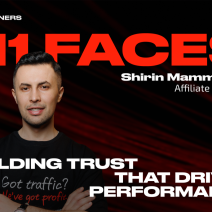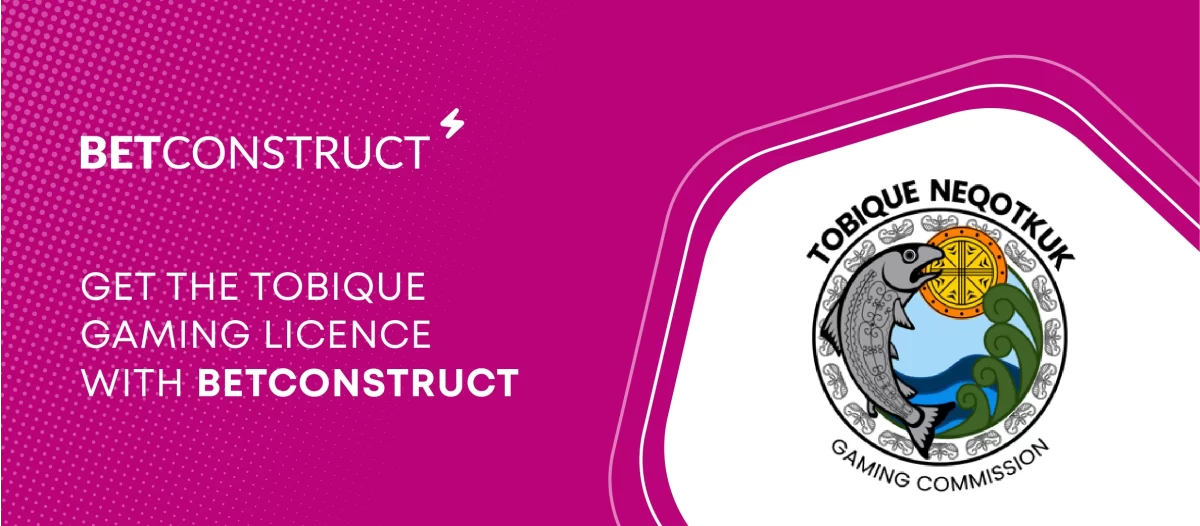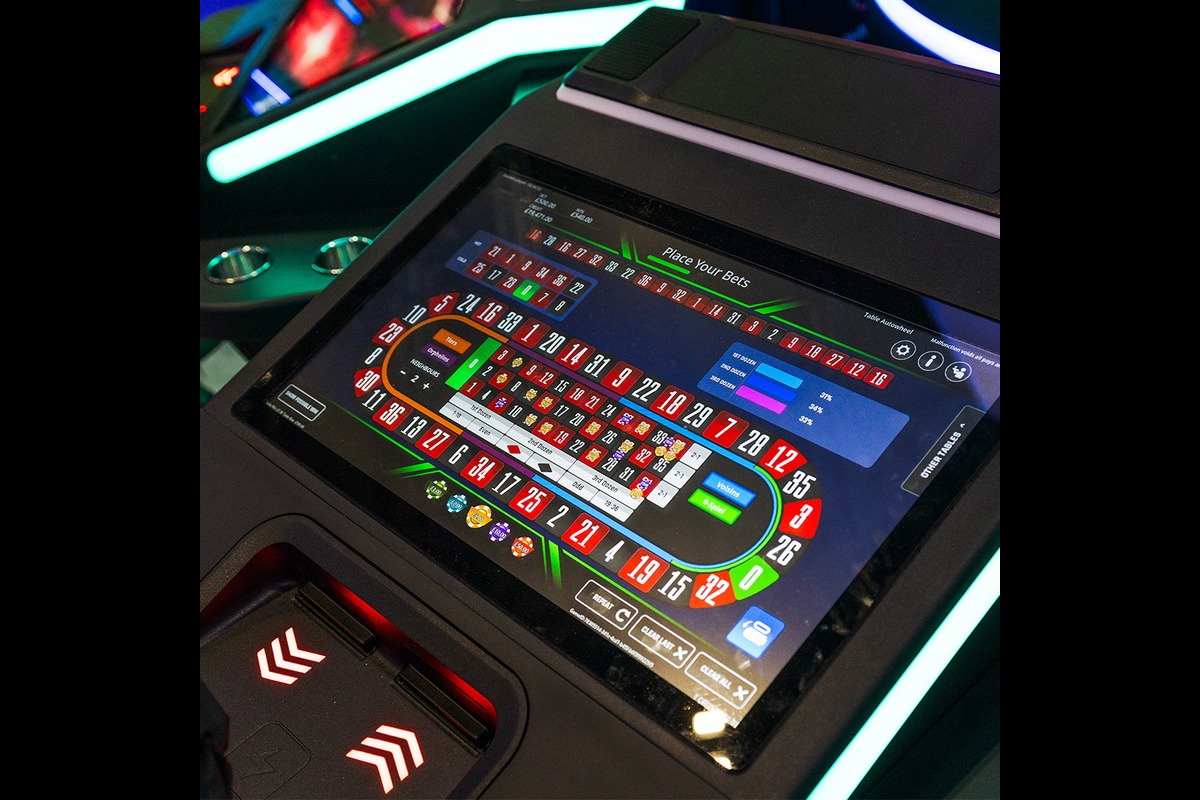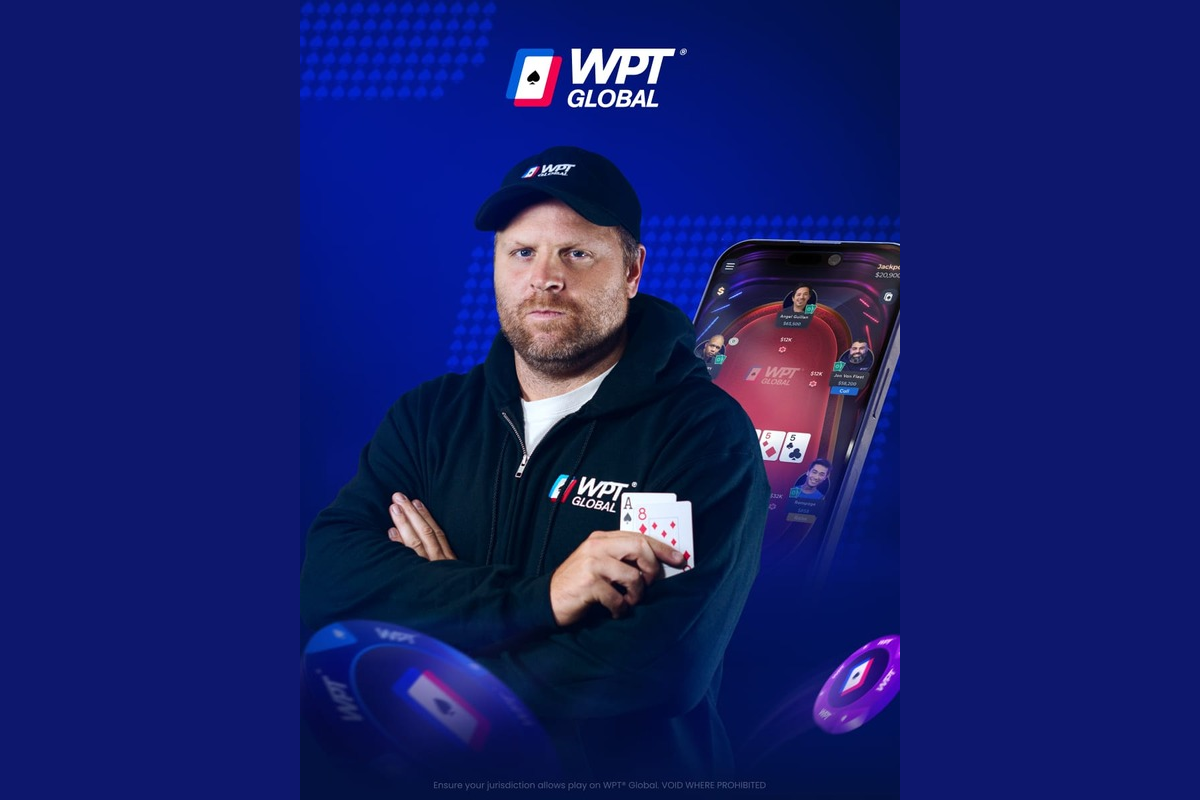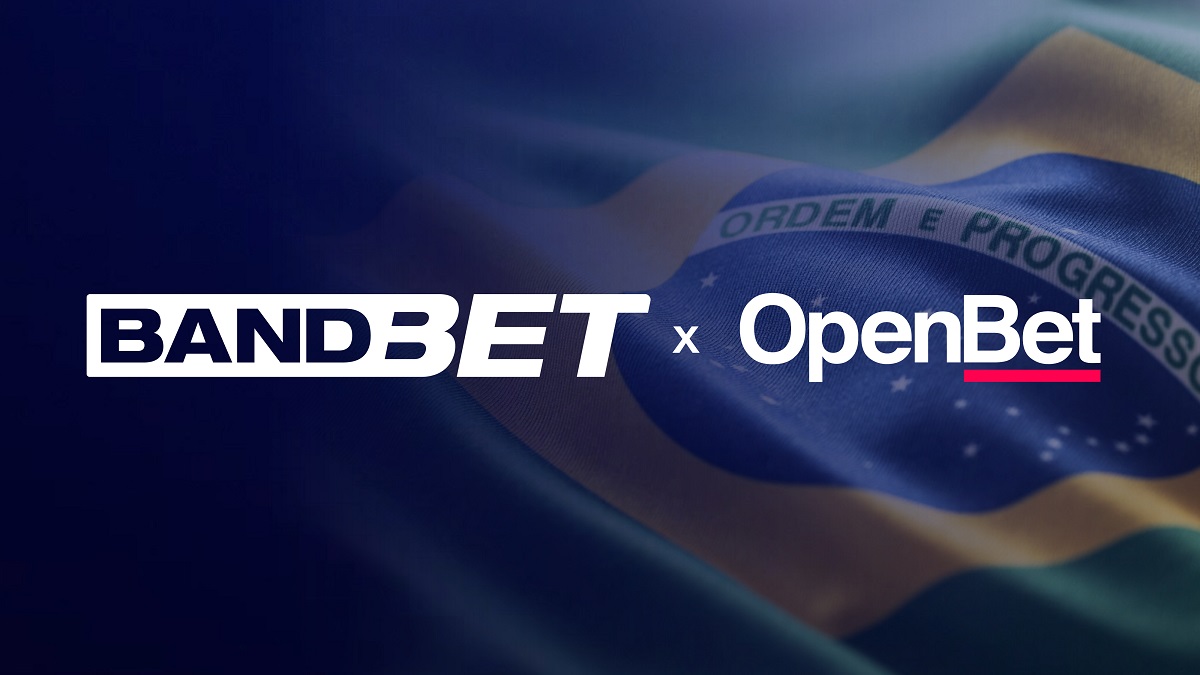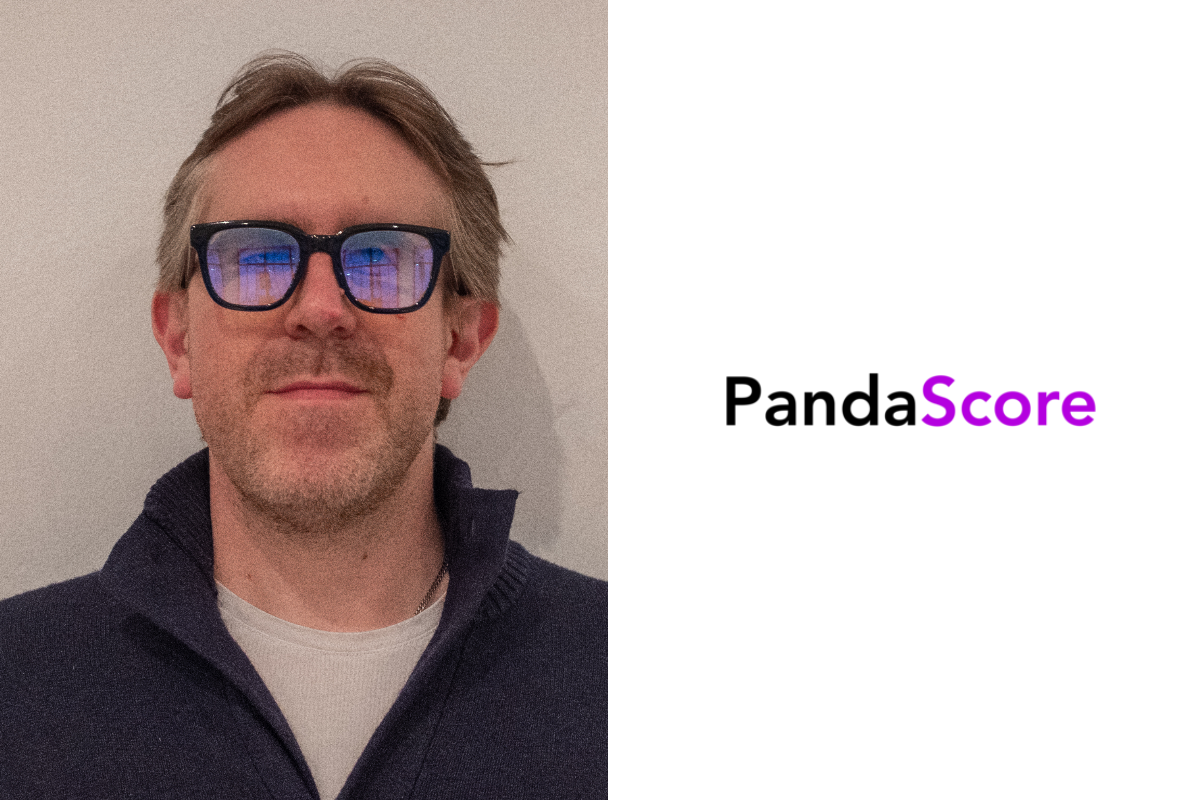
Esports player age verification should be simple
Despite the continuing professionalisation of esports, misconceptions about player age persist – particularly of underage pros playing in professional esports.
Back in 2021, the PandaScore whitepaper dug into the data around player age in professional esports and found that the average age of a pro player was just under 24 years old. By comparison, the same report noted that the average age for a men’s professional footballer was about 26 years old.
While there is no great gulf in player ages between esports and traditional sports, there’s more apprehension around this topic once there’s a keyboard or controller involved. There are good reasons behind this focus, but the truth is that a simple and straightforward product makes player age verification easy.
The reason behind the focus on player age
Compliance with player age requirements has been a particular concern as legalised sports and esports betting rolls out across the US. These are completely reasonable concerns, partly because of the state-by-state nature of American regulation, but also due to past compliance issues in the likes of ITF tennis.
Age compliance isn’t a challenge unique to esports. It does have younger players in the same way tennis does, so it’s a space that operators consider a potential risk area based on precedent. While it’s understandable to be vigilant about ensuring age compliance across your whole book, the reality in esports is it’s just like any other sport.
However, with this greater attention, it’s crucial for esports suppliers to have a simple, high-quality solution that is flexible for any jurisdiction – and not just treat it as a spreadsheet-based, tack-on service.
Importance in the US
It’s abundantly clear that if you want to ensure compliance in the US space, player age verification isn’t a nice to have, it’s an integral part of your product. Across each jurisdiction player age verification can vary – something we’ve seen in Europe as well such as Sweden’s rule that a match must have 60% of players over the age of 18 for an operator to offer match bets.
In sports, it’s fairly straightforward to implement but has been an oversight from sports data providers in the past. It’s quite easy to provide, it just requires collecting data from multiple, reputable sources outside of the match itself.
PandaScore has been collecting player age verification data since it was founded in 2017 to ensure compliance no matter the regulation, no matter the jurisdiction.
Embedding player age verification in your product
Ensuring age compliance was a founding principle for our product suite – we included it as a key datapoint in our API, which is the bedrock of our broader offering. Suppliers should have this embedded in their products, rather than an additional service.
PandaScore believes that offering player age verification as part of an API and integrated into your service means you can be more confident in your compliance not just for individual esports titles, but from match to match.
For us it’s simple: one of PandaScore’s founding principles is to not rely on only one single data source, but leverage multiple quality data sources that we can trust. We have a longstanding and highly developed process that guarantees a level of accuracy for player age verification that’s in line with regulation and gives operators the confidence that they’re compliant. Our practice of using multiple data sources means that double and triple-checking information to ensure player age compliance is in our nature.
With player age verification built into an API, operators can leverage the data to match the compliance needs of any given jurisdiction. This can be done by integrating player age data via the API, it can be included in their feed via our odds product with the flexibility to add exclusions where necessary, or if an operators wants it in a simper form, it can be done via request.
Player age verification might seem like a simple item, but is a compliance matter that’s essential to operating in a proper fashion. Noting the concerns and greater focus on player ages in esports, it’s something that’s important to get right: player age verification should be entrenched in esports products themselves to give operators the flexibility and simplicity that they need.
Author: Oliver Niner, Head of Sales at PandaScore.

